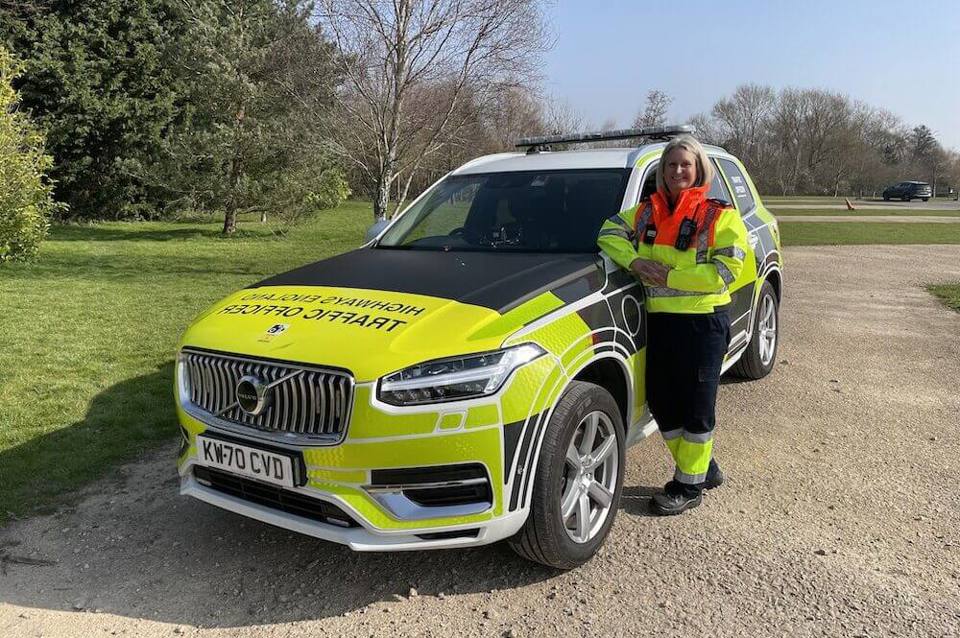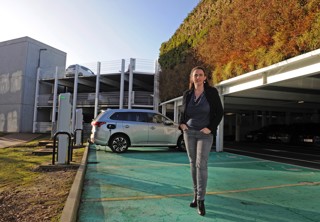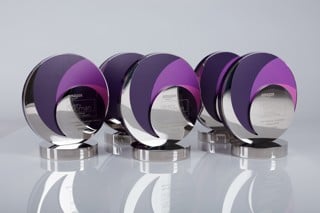Driving for Better Business (DfBB) is running a year of videos, podcasts, and features, as part of a project with Women in Transport, and to mark International Women’s Day (March 8).
Featured in the content is women who are ‘breaking the bias’ in the transport industry, including Lorna McAtear, fleet manager at National Grid, Alison Moriarty, managing director (MD) of Driive, Emma Wilman, traffic officer at National Highways and Astrid Van Der Burgt, head of road safety at Holcim, the company behind its Women on Wheels scheme.
Women in Transport are a non-for-profit promotional, professional-development and support group.
Anne-Marie Penny, senior road safety policy adviser at National Highways, said: “This International Women’s Day initiative is a great opportunity to raise awareness of the thousands of women who work in this sector, from CEOs of large multinational corporates, national and local government officials, directors of influential safety charities, freelancers, apprentices and everything between.
“Transport – like all areas of life – benefits from a diverse range of influences to best serve everyone.”
In a podcast interview, McAtear talks about the 9,000 vehicles she manages – along with “a few helicopters”.
McAtear is working through a programme of improving efficiency and electrification of the fleet, as part of National Grid’s strategy for net zero by 2050. Part of this is taking drivers through the differences in handling EVs.
The content features a profile of Moriarty, who sits on several boards that focus on raising road safety standards and identifying and sharing best practice.
She said: “I don’t think that my gender has held me back, but I do think that I had to maybe prove myself a bit more to get the same respect as male colleagues, in the early days. I hope that seeing other women achieving accolades will help encourage more women in the industry.”
The podcast also features Van Der Burgt at Holcim, a company that recognises women drivers as four times safer than their male counterparts, and, in a move to increase the diversity of its workforce, actively recruits female truck drivers.
She says there is a strong business case with a marked improvement on miles driven without speeding and harsh braking, better fuel consumption, reduced maintenance costs and improved turnaround times.
Wilman also discusses how she helps to keep safe and moving the 4 million vehicles using the National Highways network every day.
According to DfBB, women make up 47% of the UK workforce yet remain underrepresented in the transport sector, accounting for only 20% of workers. However, this is changing steadily, and women are represented at every level.
DfBB said over the year, it will talk to more women in high-profile roles in the emergency services, deliveries, recruitment, the law, road safety and academia.






















Login to comment
Comments
No comments have been made yet.